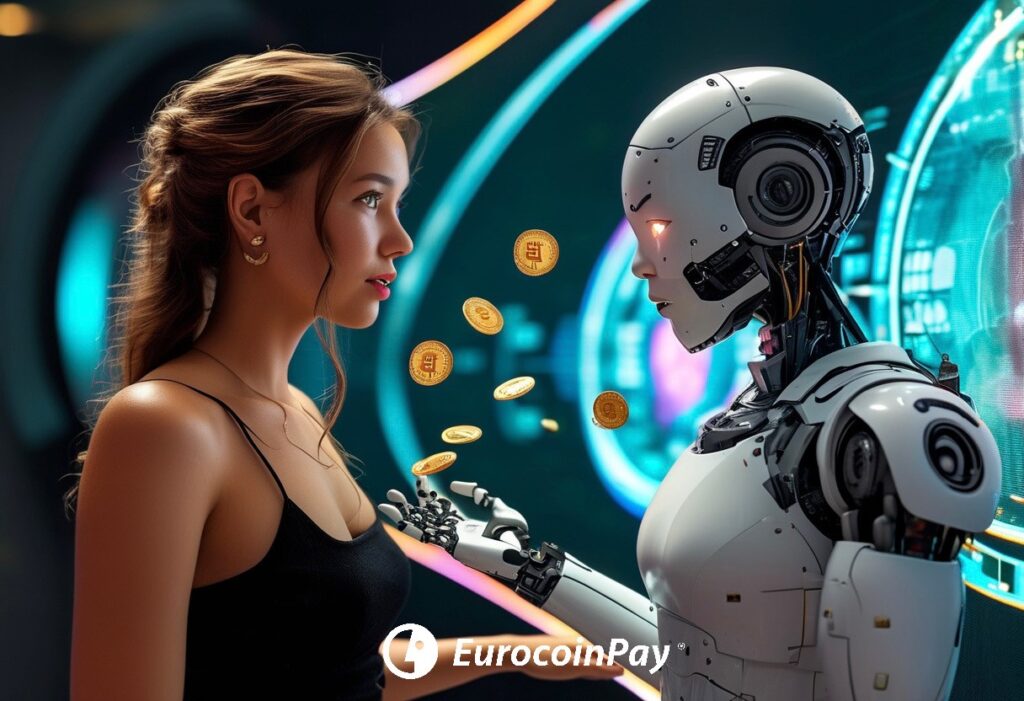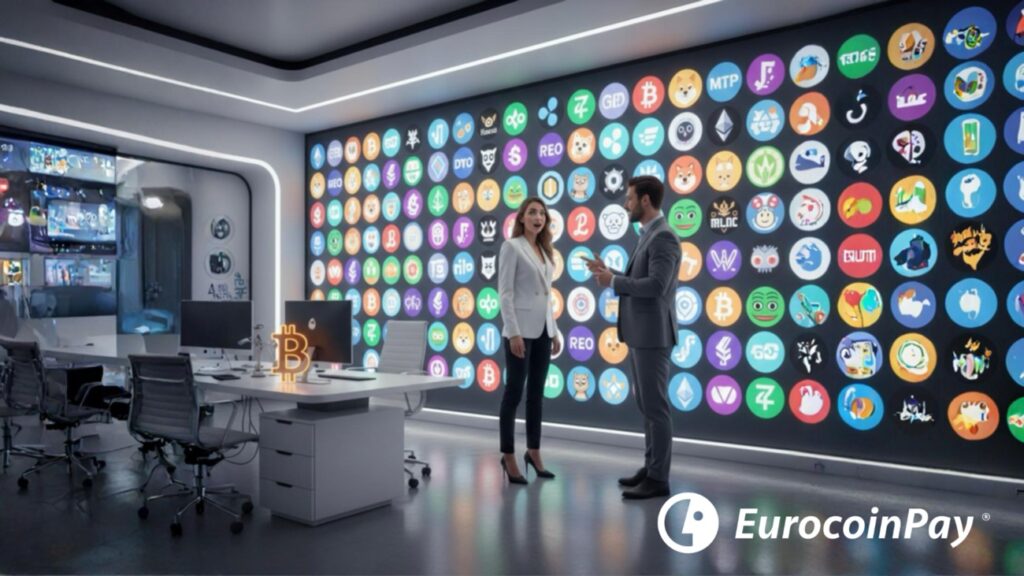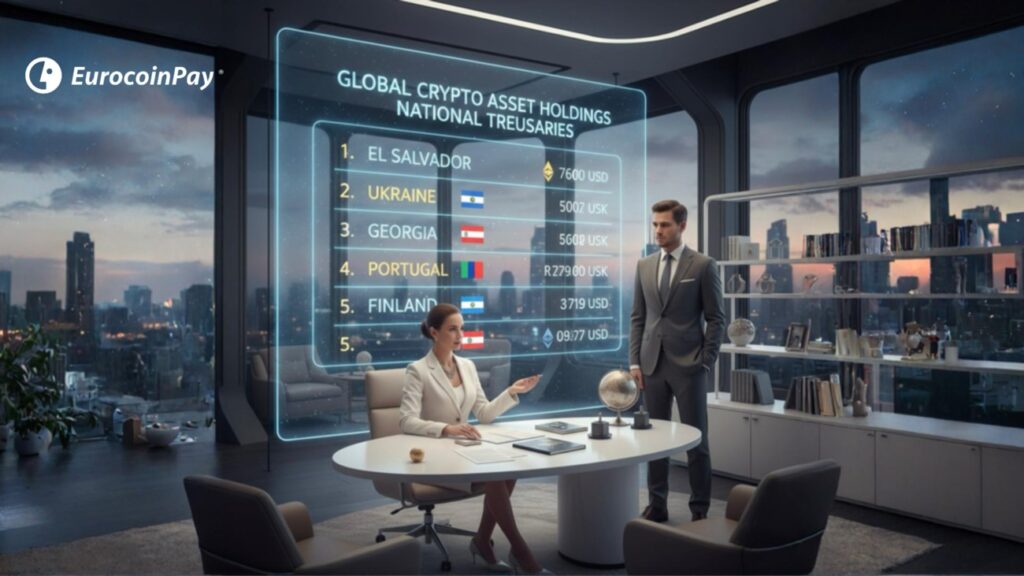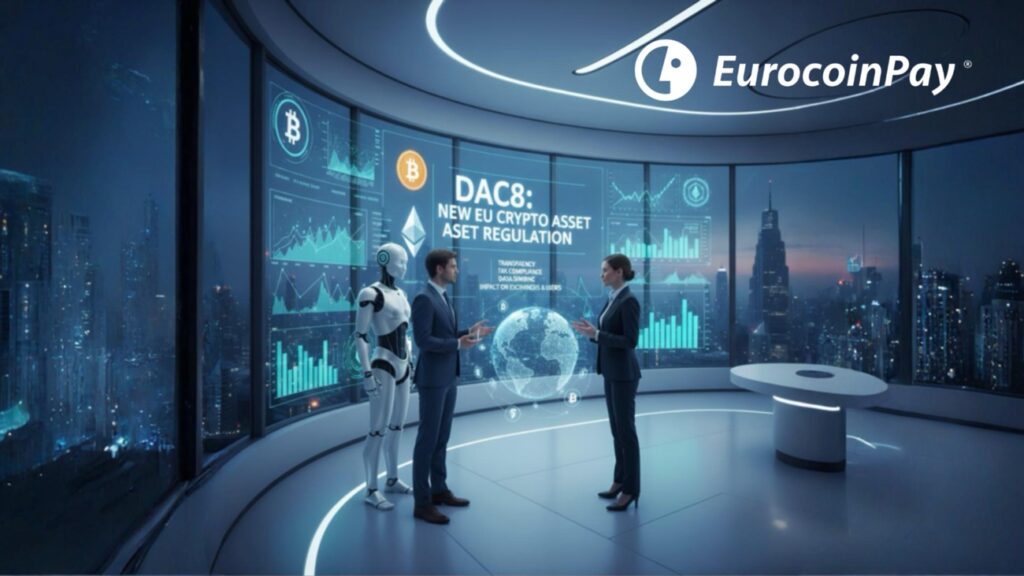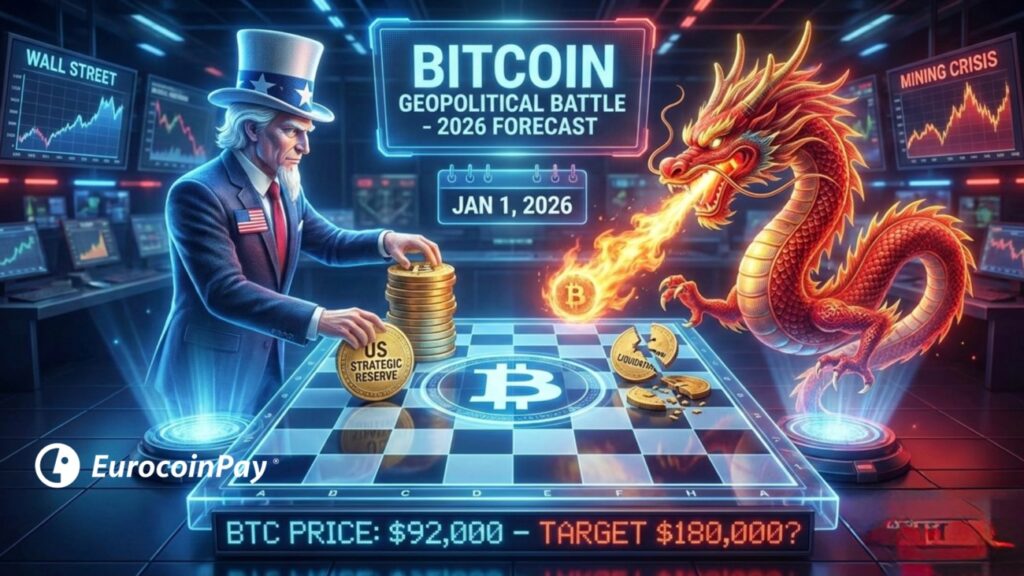CRYPTOCURRENCIES
AND VIDEO GAMES ON WEB3: A NEW ERA OF GAMING
Web3, , with its promise of a more decentralized and user-controlled internet, has revolutionized the gaming industry, and at the heart of this revolution are blockchain technology and cryptocurrencies.
How are cryptocurrencies and video games connected?
The integration of cryptocurrencies into video games has given rise to a new gaming model known as play-to-earn. In this model, players not only have fun, but can also earn rewards in the form of cryptocurrencies or non-fungible tokens (NFTs) by completing quests, creating items or participating in in-game events.
How do cryptocurrencies work in video games?
In-game tokens: Most Web3 games have their own cryptocurrency, or token, which is used to perform in-game transactions. These tokens can be used to purchase virtual items, upgrade characters, or even govern the platform itself.
NFTs (Non-Fungible Tokens): NFTs allow players to uniquely own virtual objects, such as skins, weapons, or virtual properties. These digital assets can be bought, sold and traded on secondary markets, generating real profits for players.
Play-to-Earn (P2E): This game model allows players to earn cryptocurrencies while playing. By completing quests, winning battles or simply participating in the community, players can earn rewards in the form of tokens.
What blockchain is commonly operated in Web3 video games?
Although many of the games use the Ethereum Blockchain, other networks have become popular within the Web3 Gaming sector due to their cheaper fees and shorter transaction times.
- Ethereum: One of the first and most popular blockchains for NFTs and decentralized applications. Many games use Ethereum as the basis for their tokens.
- Binance Smart Chain (BSC): Known for its lower fees, BSC has attracted numerous gaming projects.
- Polygon: An Ethereum scaling solution that offers faster and cheaper transactions, ideal for games with many users.
- Solana: A blockchain platform that has gained notable popularity for decentralized finance (DeFi) and non-fungible token (NFT) applications because it is one of the fastest and most scalable on the market.
- WAX: Designed specifically for video game trading, WAX offers an easy-to-use platform for buying, selling and trading NFTs.
How are payments made in Web3 video games?
Payments in Web3 video games are generally made through digital wallets, such as MetaMask or Trust Wallet. Players can buy cryptocurrencies in these wallets and then use them to purchase virtual goods within the game.
The process is usually as follows:
- Purchase of cryptocurrencies: The player purchases cryptocurrencies (such as Ethereum) on an exchange or through a payment gateway.
- Transfer to wallet: The cryptocurrencies are transferred to the player’s digital wallet.
- In-game purchase: The player uses his wallet to make purchases directly in the in-game store, using cryptocurrencies as a payment method.
How are winnings from Web3 games declared?
Winnings earned in Web3 games, whether cryptocurrencies or NFTs, are generally considered taxable income. he exact manner in which this income is declared varies by country and local tax laws.
It is critical to consult with a tax advisor to determine how to properly declare winnings earned on Web3 games.
Some issues to consider include:
- Nature of gains: Are they long-term or short-term capital gains?
- Market value of cryptocurrencies or NFTs at the time of sale.
- Frequency of transactions.
In summary, Web3 video games are transforming the way we interact with games, offering new economic opportunities for players. However, it is important to understand the tax implications of participating in these types of games and seek professional advice if necessary.
IMPORTANT: The regulation of cryptocurrencies and Web3 games is constantly evolving. It is advisable to keep updated on the latest legal developments in your country.
Disclaimer: The information set forth herein should not be taken as financial advice or investment recommendation. All investments and trading involve risk and it is the responsibility of each individual to do his or her due diligence before making a decision.
